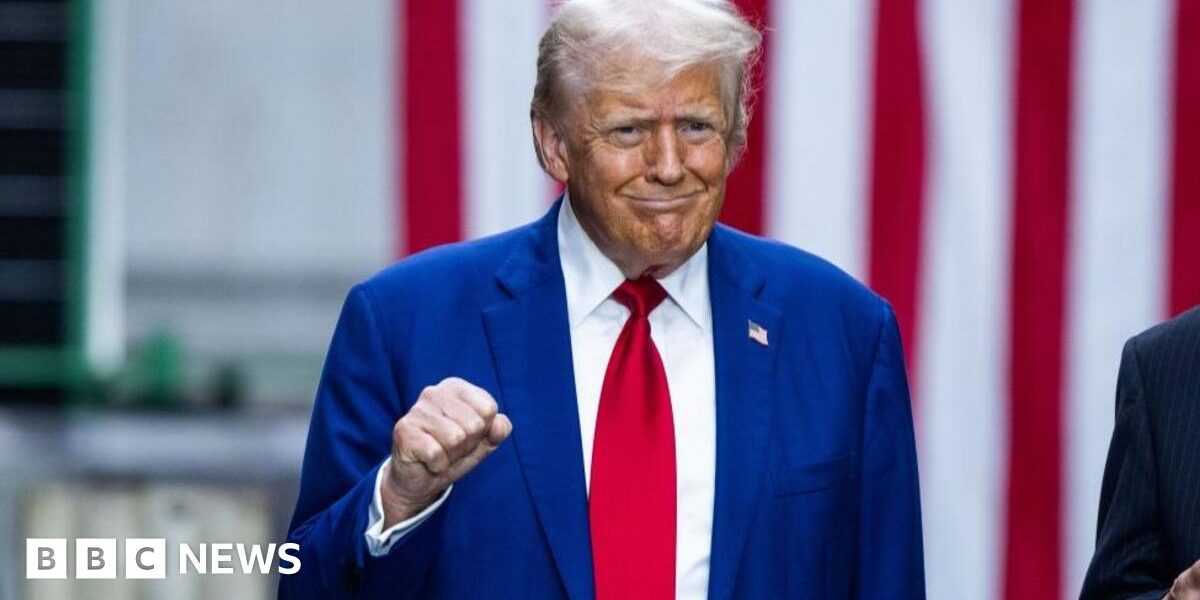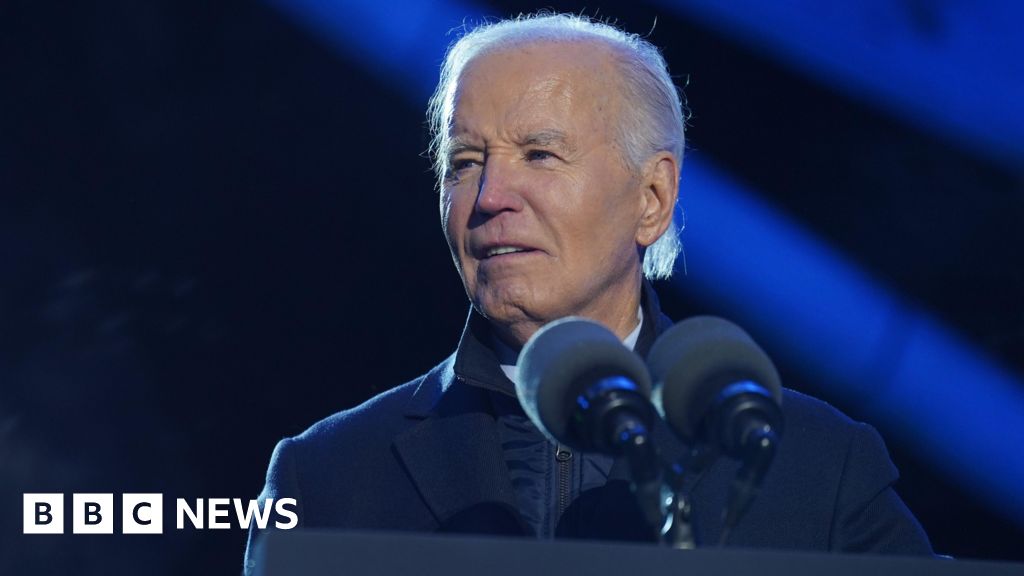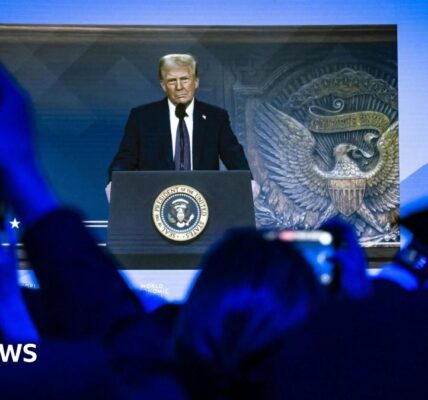What complicates it:
The debate has raised speculation about how aggressive Trump will decide to be, given the potential economic risks.
Analysts say tariffs are likely to lead to higher prices for Americans and pain for companies hit by foreign retaliation.
And unlike Trump’s first term, any measures will arrive at a delicate moment, as the long-running US economic expansion appears to be in its final stages.
Even if the toughest tariffs never materialise, the policy debate alone is generating uncertainty that could depress investment and reduce growth in the US by as much as 0.6% by mid-2025, according to Oxford Economics.
“They’ve got a very limited margin for error,” Michael Cembalest, the chairman of market and investment strategy for JP Morgan Asset Management said in a recent podcast. He warned the desire for a major overhaul was likely to “break something”, though what remains to be seen.
Trade lawyer Everett Eissenstat, who served as a White House economic adviser during Trump’s first term, said he was expecting an across-the-board tariff, but acknowledged the plan would compete with other goals.
“There’s always tensions. There’s never perfection in the policy world. And obviously one of the reasons that I think he was re-elected is concerns over inflation,” he said.
“We’re in a different world [than the first term] and we’ll have to see how that plays out,” he said.




